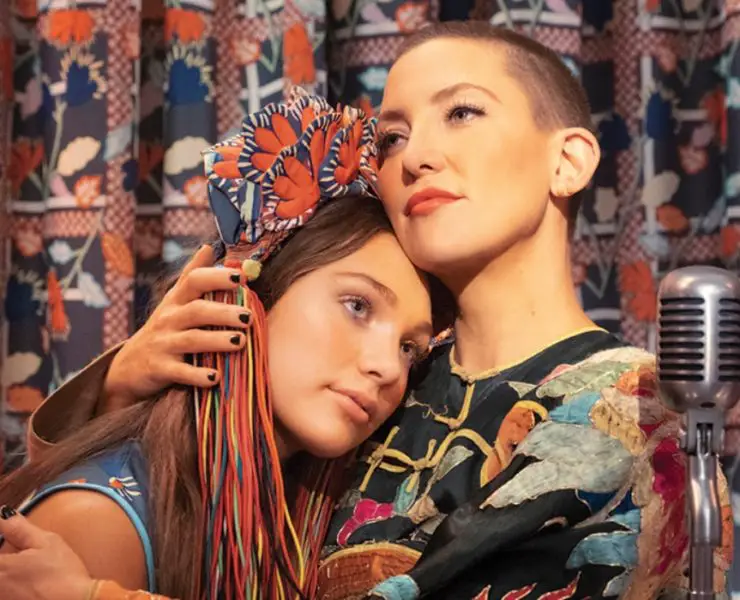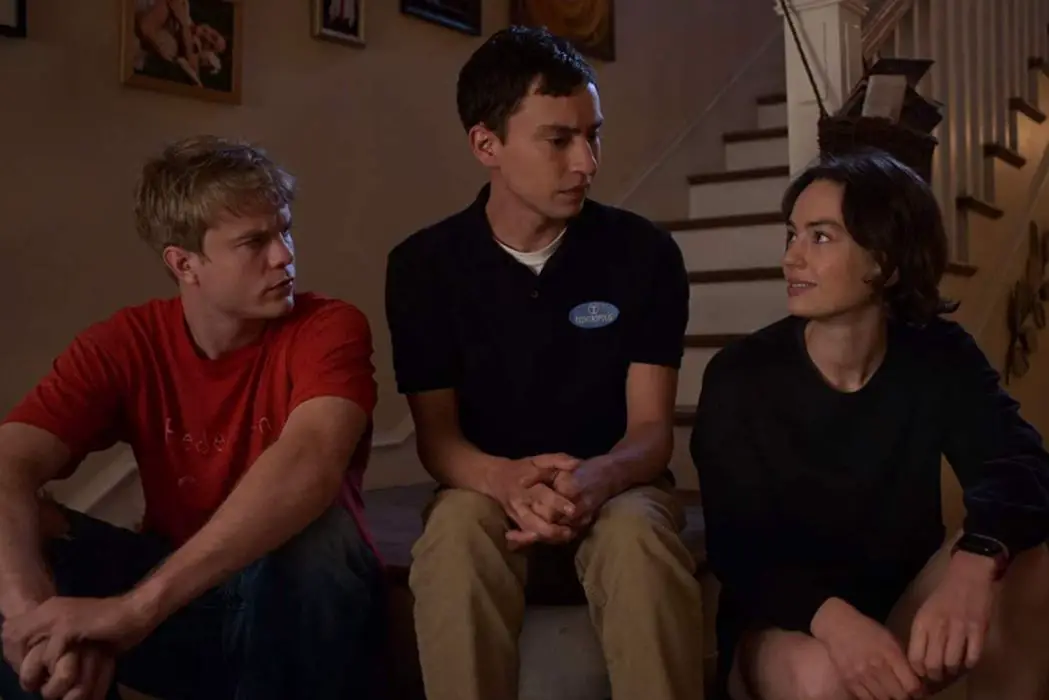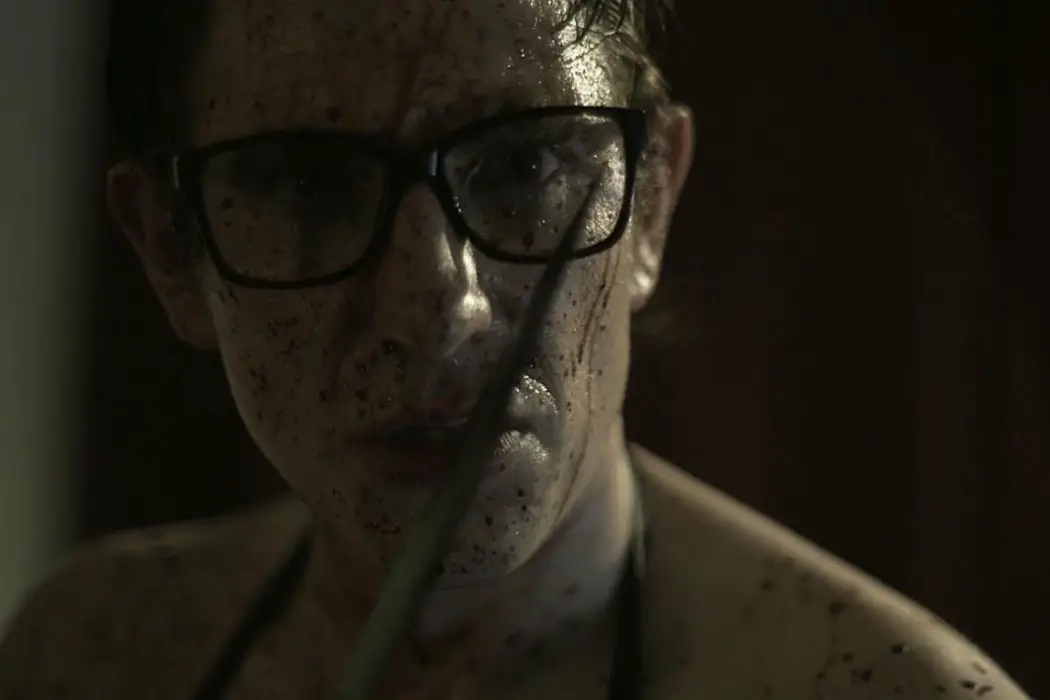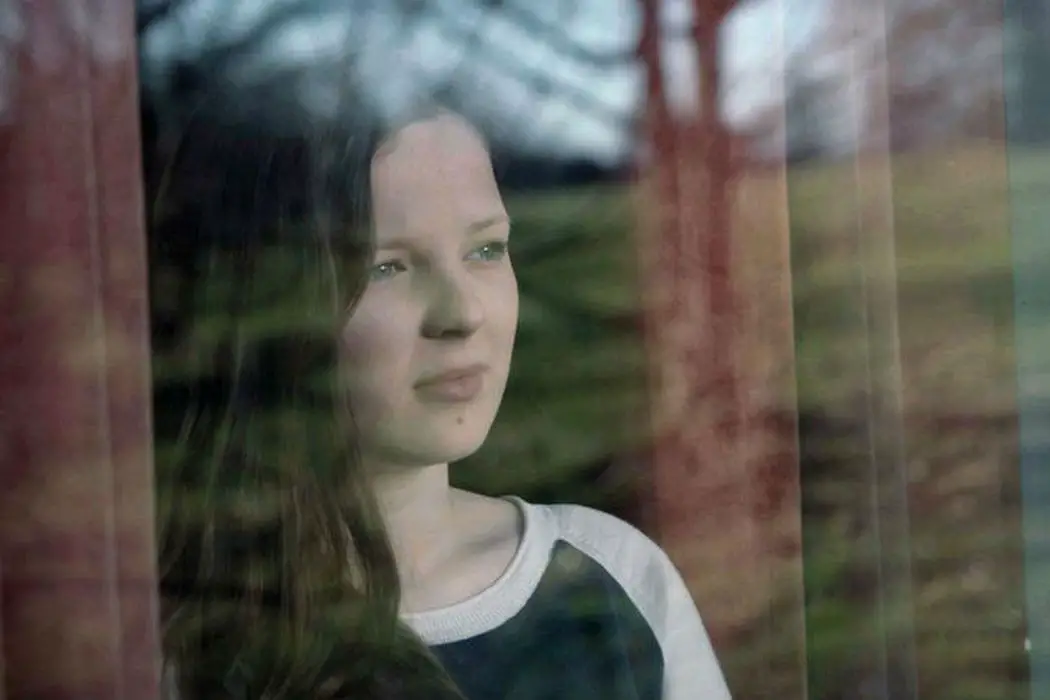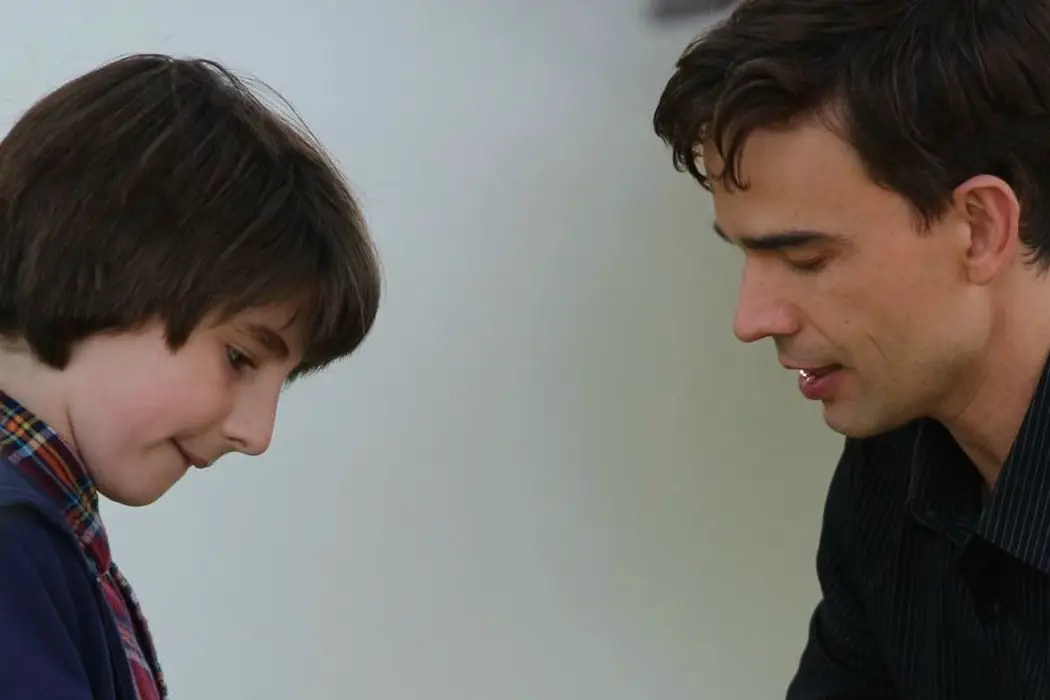autism
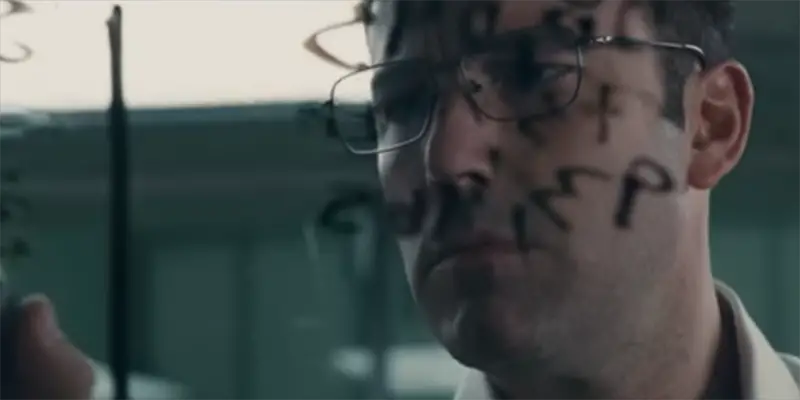
Walking out of the theater, all I could think about was how much I had enjoyed watching The Accountant. It had the right amount of action, comedic relief and character depth – specifically with the film’s main character, Christian Wolff. When it came time to sit and write about what I had seen, though, I found that this great movie may have been more lacking than I had initially thought.
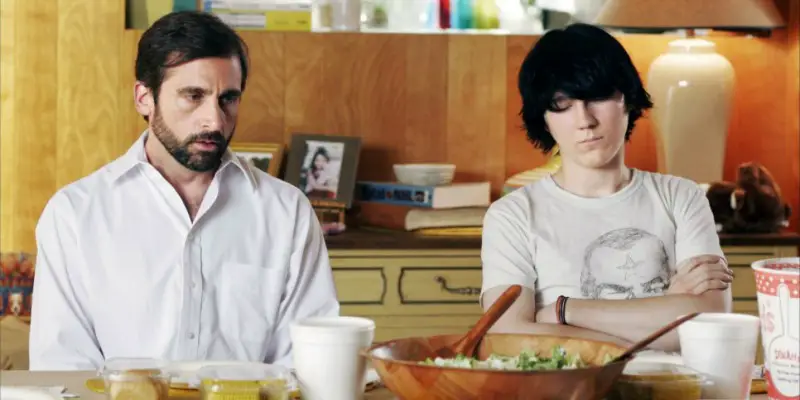
The subject of mental illness and disorders are interesting, educational, and sometimes sensitive topics in film. From watching movies like Girl, Interrupted, The Road Within and The Machinist, audiences learn a great deal about very real and problematic issues surrounding sufferers, however, can it be said that these representations are portrayed correctly? The film industry is guilty of depicting disorders such as hysteria as an illness that only women suffer from, and autism is far too often painted as a superpower, not to mention the unclear representation of schizophrenia, which causes audiences to confuse the illness with dissociative identity disorder.



